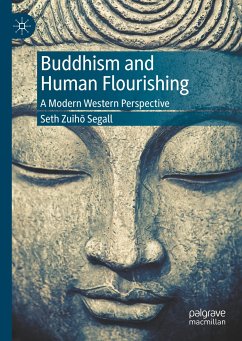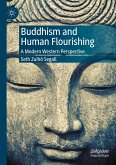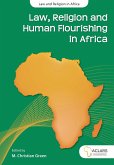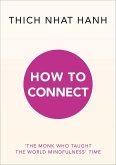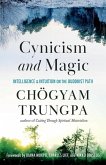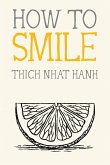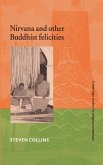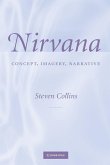The Buddha and Aristotle offer competing visions of the best possible life to which human beings can aspire. In this volume, Seth Zuih Segall compares Theravada and Mahayana accounts of enlightenment with Aristotelian and neo-Aristotelian accounts of eudaimonia, and proposes a syncretic model of eudaimonic enlightenment that, given prevalent Western beliefs about well-being and human flourishing, provides a credible new end-goal for modern Western Buddhist practice. He then demonstrates how this proposed synthesis is already deeply reflected in contemporary Western Buddhist rhetoric. Segall re-evaluates traditional Buddhist teachings on desire, attachment, aversion, nirvana, and selfhood from the eudaimonic enlightenment perspective, and explores the perspective's ethical and metaphysical implications.
"In a style that is clear and informative, nondogmatic and inviting, Segall sails a balanced course between deep respect for both traditions of wisdom and critical reflection on their blind spots. ... Segall's clear and thoughtful book will be of great interest to a wide variety of readers from laypeople who yearn for more sustaining ideals to seasoned scholars and spiritual practitioners who are open to questioning and deepening their quest to live a better life." (Jeffrey B. Rubin, The Humanistic Psychologist, Vol. 49 (1), 2021)

